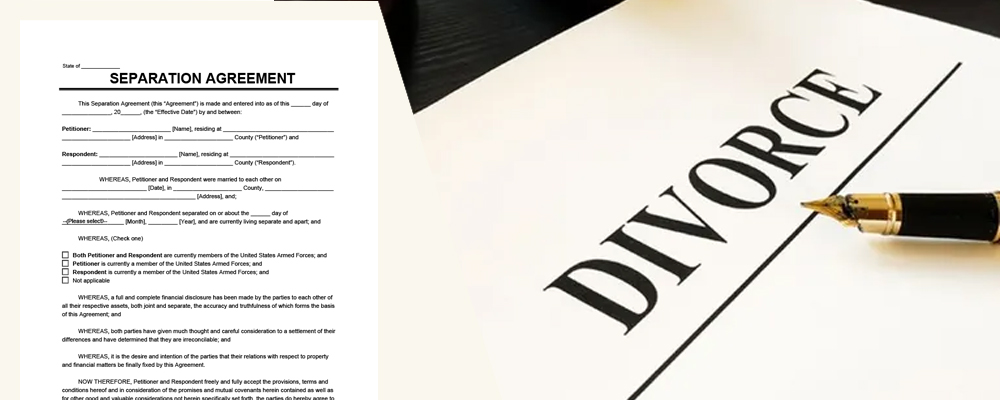In a petition filed by the husband in the case of [Raju Singh v Twinkle Kanwar] challenging the decision of the Family Court where it has rejected the joint application under Sec 13-B of The Hindu Marriage Act. The Single Judge Bench of Justice Vijay Bishnoi of Rajasthan High Court has dismissed the Family Court’s decision of rejecting the application for waiving the cooling-off period of 6 months for divorce as there was no documentary evidence stating so. The Court observed that the order can’t be justified as both parties had already given their statement in their affidavit that they are living separately for a certain period.
The Court considered the judgment of the Supreme Court in the case of [Amardeep Singh v Harveen Kaur, 2017] and observed that when the parties have already stated on oath through affidavit that both of them are living separately since July 2018, the lower court cannot dismiss the application for waiver of cooling period for absence of mere documentary evidence.
In a similar other cases, the Delhi High Court has waived the cooling off period for divorce after the mutual consent of the parties to divorce, as the woman who was living separately from her estranged husband had decided to marry an NRI who was for a limited period in India.
The couple got married in July 2017 and started living separately from October 2017. They approached the family Court after the first motion and filed an application for the waiver of the 6 month period for cooling off.
The woman approached the Delhi High Court after the Family Court rejected her application for waiving of the statutory period of six months under Section 13-B of the HMA. Justice Prateek Jalan observed that, the period of cooling off is provided in the statute to ensure a last chance of reconciliation, so that it could be ensured that the parties are not rushing into a rash and impulsive decision. However, in the present case, such probability can’t be considered as the parties have already lived separately since October 2017 and the period of 18 months has long since expired.
Need A Legal Advice
The internet is not a lawyer and neither are you. Talk to a real lawyer about your legal issue

Section 13B of The Hindu Marriage Act: divorce by mutual consent under the provisions of the Act means that the application for dissolution of marriage can be presented by both parties together, on the ground that they are living separately for a period of one year or more and have decided to dissolve the marriage. Points to be considered for mutual consent for divorce:
⦁ parties have separated completely and the chances of reconciliation are none. The marriage has broken down irrevocably.
⦁ the parties are living separately for a period longer than one year.
⦁ parties have voluntarily decided to resolve their disputes and part their ways.
⦁ no dispute remains regarding issues such as maintenance, etc.
⦁ The consent for filing the present petition has not been obtained through fraud, force, induce or undue influence.
⦁ mutually agreed that any application, complaint or case filed by any party would be withdrawn by them.
By consenting to divorce through mutual consent, parties do not get involved in unnecessary litigation, as well as the bitterness and exploitation of parties can also be ignored.
Lead India provides a wide pool of experienced lawyers dealing with cases related to family law, divorce, maintenance, domestic violence, child custody, etc.





 Talk to a Lawyer
Talk to a Lawyer